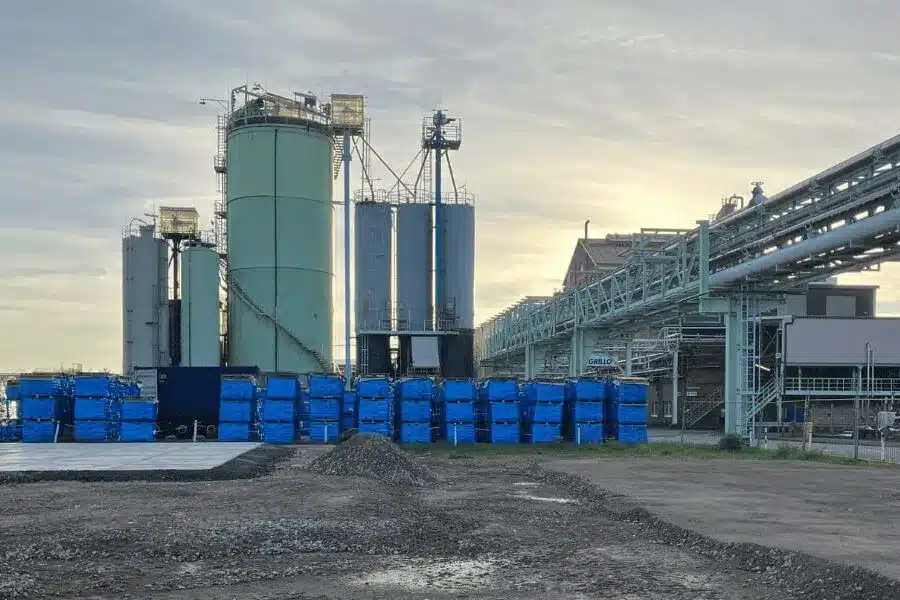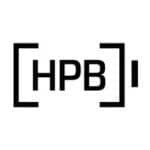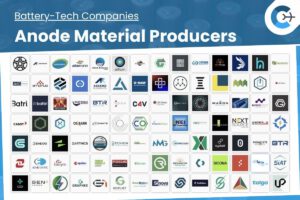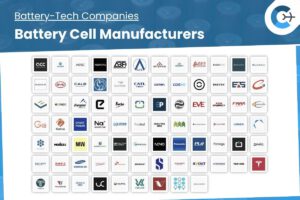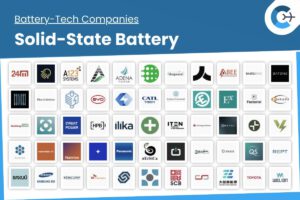The Federal Ministry for Economic Affairs and Energy (BMWE), in cooperation with the states of Rhineland-Palatinate and Hesse, has announced support for two linked lithium projects in Germany. Executed by German subsidiaries of Vulcan Energy Resources GmbH, the initiatives aim to bolster domestic supply of this critical battery raw material. Vulcan Energy will invest a total of €690 million, while the federal government is contributing €103.6 million, with Rhineland-Palatinate and Hesse each co-financing 30 percent of the grant.
In Rhineland-Palatinate, Natürlich Landau Lithium GmbH is constructing an innovative extraction plant in Landau. The facility will produce lithium chloride from local geothermal brine via a resource-efficient process. In March 2025, the European Commission selected the Landau project as a strategic initiative under the EU’s Critical Raw Materials Act. Daniela Schmitt, Rhineland-Palatinate’s Minister for Economy, Transport, Agriculture and Viticulture, said the venture will secure reliable raw-material supplies, reduce dependence on external markets and support climate-friendly technologies such as batteries for renewable energy storage.
The Hesse component involves Vulcan Projektgesellschaft 2 GmbH’s conversion plant in Frankfurt-Höchst. There, lithium chloride sourced from the Landau site will be processed into lithium hydroxide monohydrate—a key precursor for modern lithium-ion battery cells used in electric vehicles and energy storage systems.
“With this technology, we are setting a milestone for more independence, sustainability and competitiveness in battery cell production,” says Hesse’s Minister of Economic Affairs Kaweh Mansoori.
“Climate-neutral lithium extraction from regional resources is an important building block for the mobility and energy transition. For Hesse, this project is a strategic investment in the future: it strengthens our high-tech location, secures jobs and creates prospects for future generations.”
Stefan Rouenhoff, Parliamentary State Secretary to the Federal Minister for Economic Affairs and Energy: “In times of growing geopolitical challenges, it is necessary to step up efforts at European and national level to open up alternative sources of raw materials for the domestic economy. Lithium is a central component of high-performance batteries and is of great importance as a raw material, especially for the automotive industry. By supporting Vulcan Energy’s investment projects in Hesse and Rhineland-Palatinate, we are helping to establish sustainable lithium production in Germany. In this way, we reduce existing dependencies on raw materials and strengthen the resilience of our supply chains. This is a key prerequisite for the competitiveness of our economy.”
Lithium has been classified as a strategic raw material by the EU since 2023. The BMWi’s funding is based on its 2023 guidelines for “Resilience and Sustainability of the Battery Cell Manufacturing Ecosystem” under the Federal Regulation on Transformation Technologies.

